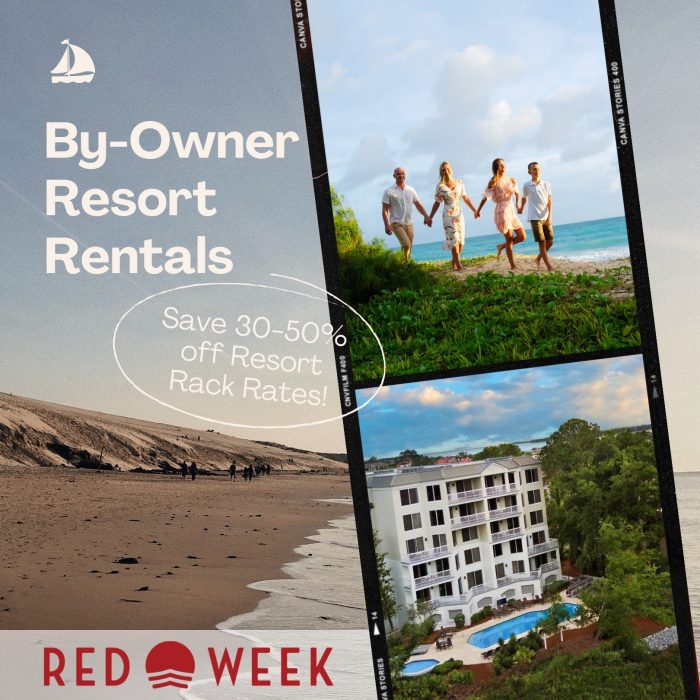If the vacationing potential customers refuse to take the tour, they may discover the cost of their lodgings significantly increased, maybe be directed to leave the property, and all rewards withdrawn or voided. The prospective purchasers (thus referred to as prospects) are seated in a hospitality room (a term designated by the land sales industry in the 1960s) with lots of tables and chairs to accommodate households. The prospects are appointed a trip guide. This individual is generally a certified property agent, however not in all cases. The real cost of the timeshare can only be priced quote by a certified realty agent in the United States, unless the purchase is a right to use instead of an actual realty transaction by means of ownership.
After a warm-up duration and some coffee or snack, there will be a podium speaker inviting the prospects to the resort, followed by a film developed to dazzle them with exotic places they could visit as timeshare owners. The prospects will then be welcomed to take a tour of the home. Depending upon the resort's readily available inventory, the trip will include a lodging that the tourist guide or representative feels will best fit the prospect's household's needs. After the tour and subsequent go back to the hospitality room for the spoken sales presentation, the potential customers are provided a short history of timeshare and how it associates with the trip market today.

The prospects will be asked to tell the tourist guide the places they want to go to if they were timeshare owners. The remainder of the discussion will be designed around the responses the prospective purchasers provide to that concern. If the guide is licensed, the possibility will be estimated the market price of the specific unit that best seemed to fit the potential purchaser's requirements. If the tourist guide is not a certified agent, a certified agent will now step in to present the price. If the prospect replies with "no", or "I would like to think of it", the prospect will then be given a brand-new incentive to purchase.
If again, the reply is "no", or "I would like to think about it", the sales representative will ask the prospect to please talk with among the managers before the prospect leaves. It is at this moment that the prospect realizes that the More helpful hints trip has actually simply begun. A sales supervisor, assistant manager or project director will now be called to the table. This treatment is called: "T.O.", or getting the turn over guy to find an incentive usually in the type of a smaller sized less costly unit or a trade in system from another owner. This technique is frequently used as a sales ploy, due to the fact that the resort is not interested in reselling already deeded residential or commercial property.
If one reward does not move a possibility to buy, another will follow quickly, till the possibility has actually either purchased, encouraged the usually really courteous sales team that no indicates no, or has actually gotten up from the table and exited the structure. Timeshare sales are often high-pressure and fast-moving affairs. Some people get captured up in the enjoyment of the sales presentation and sign a contract, only to recognize later on that they might have slipped up. U.S. Federal Trade Commission mandates a "cool off duration" that enables individuals to cancel some kinds of purchases without charge within 3 days. Furthermore, practically all U.S.
The Ultimate Guide To How To Value A Paid Off Useless Timeshare For Bankruptcy
In Florida, a brand-new timeshare owner can cancel the purchase within ten days. The law differs by jurisdiction regarding whether out-of-state purchasers go through the rescission period of their state of home, or the rescission period of the state where the timeshare purchase was made (e. what does a foreclosure cover on a timeshare. g., in Florida, the 10-day rescission period uses to all purchasers; thus, a Texas buyer who would only have five days in Texas, has the entire 10-day duration allotted by Florida Statutes). Another typical practice is to have the potential purchaser sign a "cancellation waiver", utilizing it as a reason to lower the price of the timeshare in exchange for the buyer waiving cancellation rights (or paying a charge, such as losing 10% of the purchase price, if the sale is cancelled).
If a recent timeshare purchaser wants to rescind or cancel the timeshare contract, the intent to cancel must be made within the designated period in writing or personally; a telephone call will not suffice. In the last few years, a timeshare cancellation market has formed by companies who offer one simple service: timeshare cancellations. However, some of these companies are believed of being fraudulent. It is more than most likely that a brand-new timeshare owner could have acquired the same product from an existing owner on the timeshare resale market for dramatically less than what the buyer paid from the resort developer, just by doing a computer search.
The new buyer generally pays only minimum realty transfer costs and consents to take control of the maintenance charges, due to the fact that the existing owner can't find a purchaser for his/her timeshare without paying a resale business countless dollars to absorb it for resale. The reason for this abnormality is that the lion's share of the expense of a new timeshare are sales commissions and http://www.wesleygroupreviews.com/wesley-financial-chuck-mcdowell-inspiration-success/ marketing overhead, and can not be obtained by the timeshare owner. Another reason a brand-new owner may desire to cancel is buyer's regret following the subsidence of enjoyment produced by a sales presentation. He may have recognized that he is uncertain exactly what has actually been purchased and how it works, or might have realized the limitless duration of a commitment to pay ownership maintenance charges, or may have observed that he understands too little about the timeshare sales business, due to insufficient time during the sales procedure (what does a foreclosure cover on a timeshare).
Also known as Universal Lease Programs (ULPs), timeshares are considered to be securities under the law. Many timeshare owners grumble about the yearly upkeep cost (which includes residential or commercial property taxes) being too high. Timeshare designers compete that rates compared to remaining at hotels in the long term is projected to be lower to the timeshare owner. However, a hotel visitor does not have a regular monthly getaway mortgage payment, in advance cost, repaired schedule, upkeep charges, and pre-programmed getaway places. Lots of owners also complain that the increasing expense of timeshares and accompanying maintenance and exchange costs are rising faster than hotel rates in the exact same locations.

" The reduced price I estimated you is just great if you buy today", is the market standard's pitch to close the sale on the first visit to the resort. what do i need to know about renting out my timeshare?. Numerous have left a timeshare tour grumbling of being tired by the barrage of salesmen they needed to deal with prior to they finally exited the trip. The term "TO", or "turn over" man, was coined in the land market, and quickly progressed to the timeshare industry. Once the original tourist guide or salesman provides the potential buyer the pitch and price, the "TO" is sent out in to drop the price and protect the down payment.